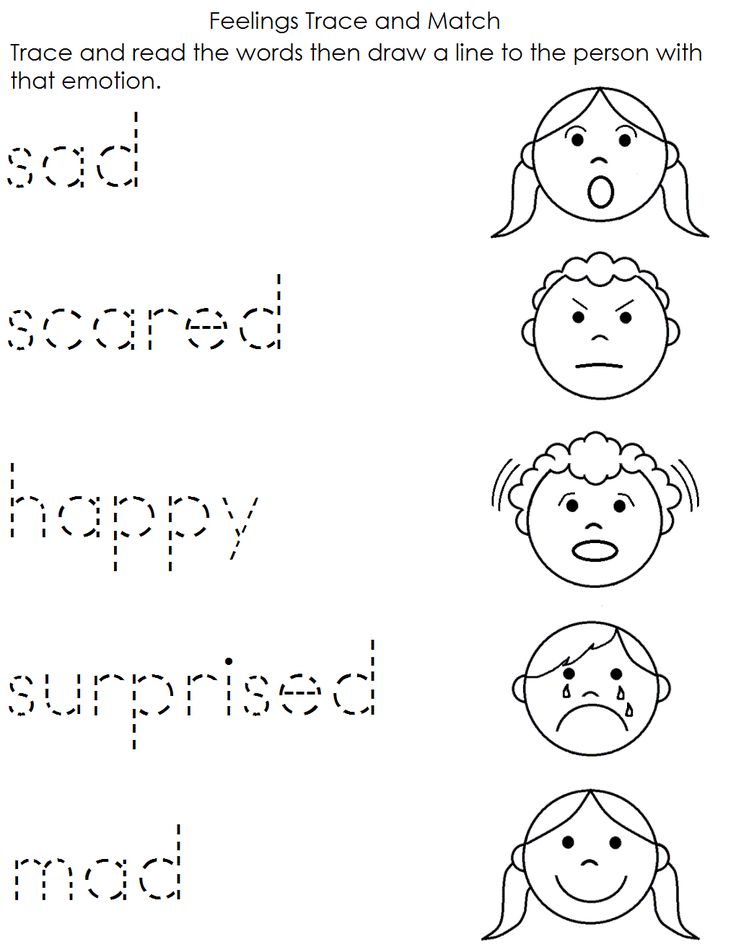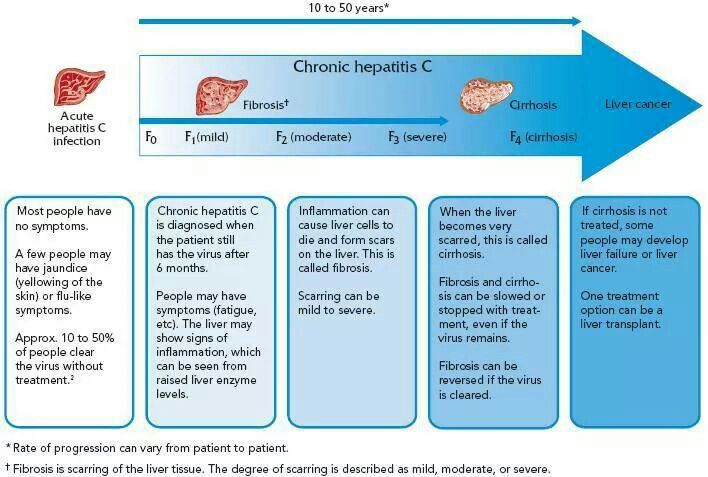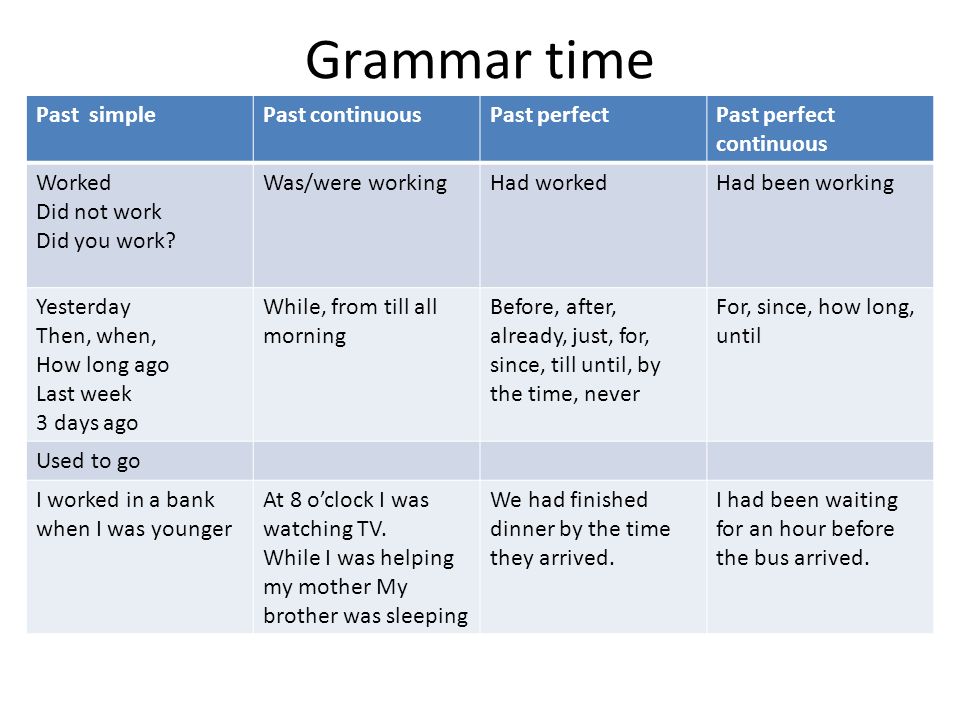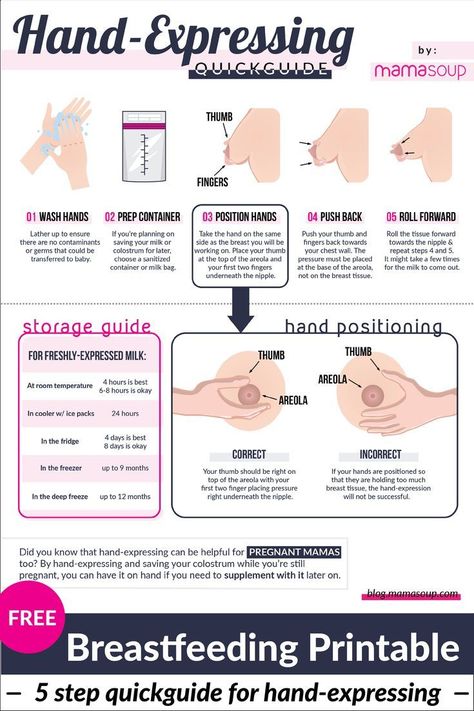How to become your parents favorite child
10 Ways To Become Your Parent's Favourite Child
Studies show that it’s not just Asian mums who prefer their sons to their daughters. (Photo: Pixabay)Use Reason, Not Force
Parents often give well-meaning advice out of concern. Don’t resent this. Just assure them that you are wise enough to make your own decisions. “Reasoning often works but always speak to your parents in private if you disagree with anything. This way, you’re honouring them by not embarrassing them in front of others, and it reduces the need for them to show that they are in full control,” says Esther Ng, director of My Space Psychotherapy Services.
Don’t Lie To Them
Sometimes the telling the truth hurts. But it’s worse when your parents find out that you’ve lied to them. They’ll have faith in you if you’re always upfront with them.
Obey Them
The saying “Mum (or Dad) knows best” is usually true, so do what they say within reason. By obeying them, you’re showing that you respect and value their decisions. If you choose to disobey them, reassure them that you have considered their feelings and values.Listen To Them Patiently
Yes, your dad is repeating that same story that happened eons ago for the 100th And mum is rehashing old gossips you’ve heard many times. “Take the time to reminisce with them. Encourage them to recount their stories from their youth and how they overcame obstacles,” says Samantha Chin, content specialist at Focus on the Family Singapore.
Use Your Kids As Baits
Grandparents naturally dote on their grandchildren. So let your kids spend as much time as they can with your parents. “The relationship between grandparents and their grandchildren is a natural bridge to any situation,” says Esther.
Be Attentive To Their Needs
As your parents, they still want to protect you no matter how old you are – that’s why they prefer solving problems on their own instead of asking for your help. Be attuned to their needs, whether it’s taking them to the doctor when they’re ill or surprising them with dinner when they seem tired to cook. In other words, be indispensable.
Be attuned to their needs, whether it’s taking them to the doctor when they’re ill or surprising them with dinner when they seem tired to cook. In other words, be indispensable.
Show Your Appreciation
Always reaffirm your feelings for your parents and your gratitude for all that they’ve done for you. “Appreciate them for their past work, skills, strengths, and thank them for doing a good job for making you who you are. Don’t be shy to keep saying how much you love and miss them,” says Chang-Goh Song Eng, head of Reach Counselling.
Know Them Inside Out
Take note of their idiosyncrasies, likes and dislikes. For example, if they like to read certain sections of the newspaper first, pore over the other pages first. Give and take will endear you to them, even if you have little in common.
Do What They Love
Whether it’s playing chess, photography or gardening, your parents will appreciate your efforts in wanting to spend time with them. “Quality time is one of the love languages. But it is more effective and meaningful if done one-to-one. A good two to three hours every fortnight is better than a family gathering once a week,” says Esther.
“Quality time is one of the love languages. But it is more effective and meaningful if done one-to-one. A good two to three hours every fortnight is better than a family gathering once a week,” says Esther.
Celebrate Their Achievements
Try to celebrate all their special occasions. At least call and say you’re thinking of them on their special day. No achievement should be too insignificant – even if it’s finally setting up their own Facebook account. They were there for your milestones, so do the same for them.
Text: Azlinda Said, Simply Her, February 2016 / Additional reporting: Sylvia Ong
Related:
11 Shiok (Doctor- And Mother-In-Law-Approved) Things You Can Do During Your Confinement
How To Persuade Your Parents To Eat Healthier
Stop Your Mother-In-Law’s Hoarding Habit Now
- TAGS:
- child
- favourite child
- favouritism
- grandparents
SHARE THIS ON
How to Become Your Parents’ Favorite Child – THE TALON
Because every parent has one, even if they say they don’t.
Katherine Ray, Staff Writer|November 8, 2019
This article needs no introduction. Follow these 5 tips if you are feeling on the outs. Even only-children aren’t safe.
-
Be smart
~This tip is a pretty obvious one. In general, smarter people tend to be more successful and are able to support their parents in the future. As my father states, “children are an investment” and just like stocks, you put more resources into the one that is doing better. Bailey Hillen attributes her success in becoming the favorite to her superior intelligence, stating that her brother “has a life coach to spoon feed him high school”.
“
My brother has a life coach to spoon-feed him highschool”
— Bailey Hillen
-
Don’t have a contradicting opinion
~“Go with the flow” is the savvy advice that Mason Leath offers. Although he definitely doesn’t consider himself to be the favorite, he has learned that accepting what life (or a parent) throws at you will make being the second favorite much more bearable for everyone involved.
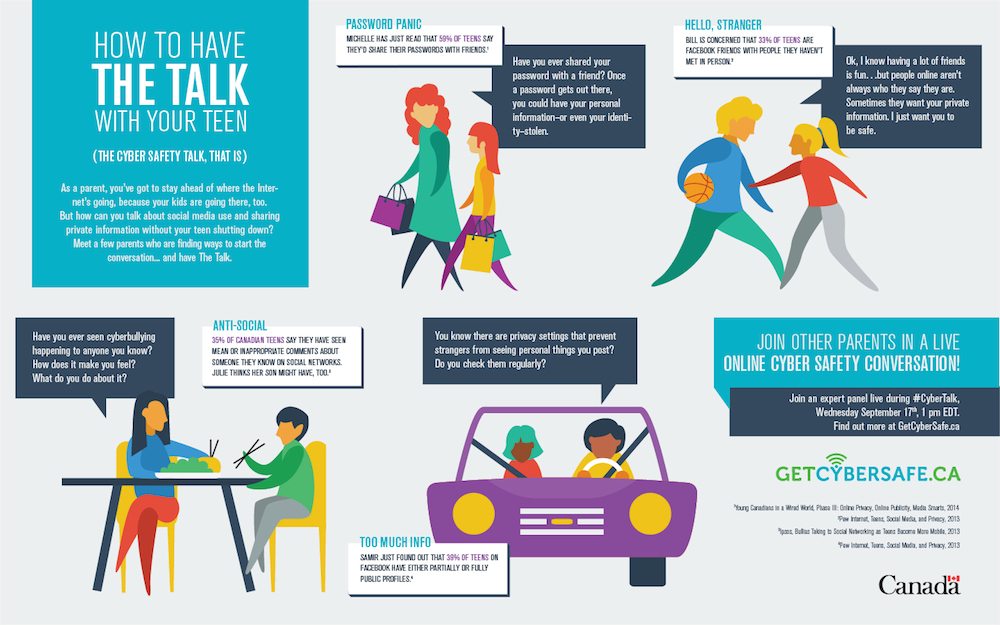 Agree unwaveringly with everything that your parents say, or risk being deemed “disrespectful”, but don’t agree too much, which leads me to my third point…
Agree unwaveringly with everything that your parents say, or risk being deemed “disrespectful”, but don’t agree too much, which leads me to my third point… -
Love your parents the perfect amount
~This piece of advice is a tricky line to walk. If you constantly dote on your parents, you might come across as needy and annoying. People always want what they can’t have, so naturally giving too much affection won’t leave them wanting more. On the other hand, loving them not enough will grant you the title of “ungrateful”. Your affection should be present but not prominent.
-
Be absent unless they tell you to be there
~Absence makes the heart grow fonder, and this is true with families. Rosie Booker divulges that the reason her parents love her more is because she’s “never at home unless I have to be”. Conversely, her brother is always at home playing video games. This will of course vary for each family, but getting out of the house not only shows your parents that you are “productive”, but it will make them miss you more.
 Also they can’t ask you to do stuff if you aren’t there to hear it.
Also they can’t ask you to do stuff if you aren’t there to hear it. -
Give up
~When all else fails (because it probably will), it will be best for your sanity to just give up. Sometimes your parents just don’t like you. Maybe it’s because you’re ugly. Maybe it’s because you remind them of everything that they could have been. Either way, it’s time to count your losses and wait out the rest of your time with them. If you’re feeling especially adventurous, I would recommend turning the tables on them. Become cold and aloof. Withdraw your affection in order to make them vie for it. Make it clear that your love is conditional. Enjoy.
- advice
- opinion
- self help
10 ways to become closer to a child - Psychology
Children
For many parents, relationships with children become the same spring from which mom and dad draw drops of fertile moisture every day. But if the spring is not replenished from time to time, it will simply dry up very soon.

For many parents, relationships with children become the same spring from which mom and dad draw drops of fertile moisture every day. But if the spring is not replenished from time to time, it will simply dry up very soon.
Ekaterina Alekseeva
October 31, 2013 16:40
How to enrich the spring of relationships with children?
How to enrich the spring of relationships with children? And how to get closer to your child?
Method #1
Get closer…to yourself. “Who am I?”, “Where am I going?”, “Why am I going there?”, “How can I become cleaner and better?”, “What makes me truly happy?” etc. - questions that (with very honest answers) will allow you to better understand yourself and take a step towards the child.
Method #2
See every difficult situation with your child as another opportunity to strengthen your relationship. A child is not a problem, it is always a chance.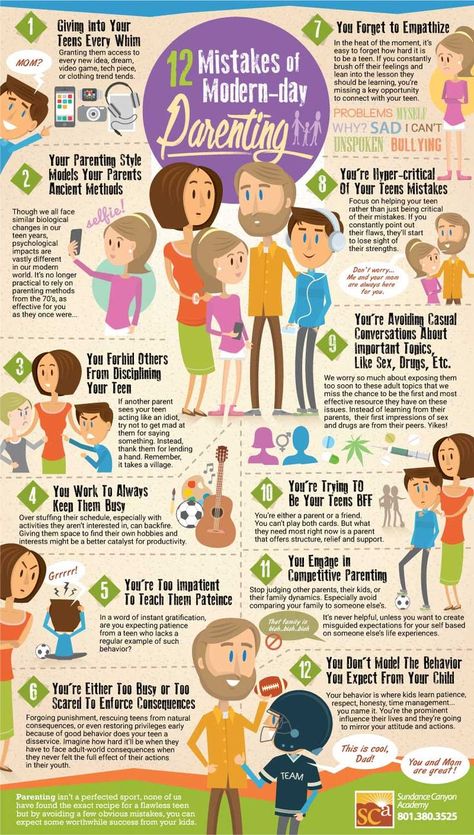
Method No. 3
Increase your child's level of trust in you in every possible way. Deposits to a trust bank account bring the highest interest.
Method #4
Realize that your child is your… main teacher. Children teach different lessons to each of us at different periods of life. But there is one most important lesson taught by children, and that is patience. Take a look at the situation. What else, besides patience, can you learn in your relationship with your child?
Method No. 5
Make time for your child. Especially when it's not there at all. Because if you are so wrapped up that there is no time to even think about a child, now is the time to ... stop. Give your child (and yourself!) a breath of psychological oxygen. Spend time with him. And when you are with a child, think only about him.
Method #6
Believe in your child. Even when he is soundly lying.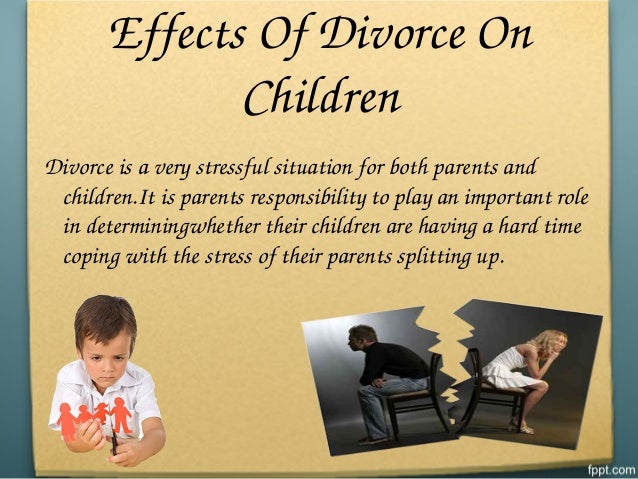 Because if you lose faith in your child, what will become of him? Faith can work miracles. There are no exceptions to this rule.
Because if you lose faith in your child, what will become of him? Faith can work miracles. There are no exceptions to this rule.
Method no. 7
Love your child. To love means to act, it means to bring love from the level of your knowledge to the level of action. Your child probably knows that you love him, but feels is he your love?
Method #8
Break the rules. Sometimes. The occasional pack of crisps allowed to a child, the opportunity to go to bed later than usual, or skip school once give life an incomparable flavor ... of freedom.
Method 9
Do not look at other children. Do not compare the behavior, academic performance, manners of your child with others. Only one child should always stand before your eyes - yours. Other children have other parents. Yours has only you. Don't betray him.
Method No. 10
Thank fate for having this child (children). Thousands of people would be happy to endure all these unbearable antics of your son or the whims of your daughter, but they do not have children. You have this child (these children). So right now, go and warmly hug him (them).
Thousands of people would be happy to endure all these unbearable antics of your son or the whims of your daughter, but they do not have children. You have this child (these children). So right now, go and warmly hug him (them).
Ekaterina Alekseeva,
instructor in harmonizing relationships with children
Subscribe to our Telegram channel
raising a child, expert opinion
theater and film actor Semyon Yakubov is ready to share professional secrets
The cause of death of actress Natalia Steshenko became known
She suddenly lost consciousness
Eastern Switzerland: why Pakistan is a traveler's discovery
This country is rarely considered a holiday destination. And in vain! After all, there are mountains and a warm sea, as well as ancient ruins and unique architecture
How the metaverse captures the world
Interior designer Ekaterina Elizarova talks about the impact of global virtual space on real life
Priluchny’s young wife boasted of her bare breasts in a wet bikini
Zepyur Brutyan began to hide her belly, which provoked rumors about her pregnancy
How to have a fun New Year's Eve with the whole family
Topical advice especially for WomanHit. ru from singer and composer Alex Anokhin
ru from singer and composer Alex Anokhin
Breathing training: why and who needs it
Singer Ruslan Bogatyrev tells what problems can be solved just by starting to breathe properly0091
The most interesting events from the world of show business are in the new exclusive video review of WomanHit.ru
Grigory Leps interrupted the concert by throwing the microphone and leaving the stage. What happened?
The musician's anniversary show ended very strangely, fans put forward different versions
Nina Shatskaya: “Someone did not survive my happiness”
The singer told our observer how important everyday comfort is to her, why she loves India and Akhmatova so much , what is the main thing in communicating with the viewer and is she able to lie for the good of the cause
How can you lose weight if a zhrun comes in the evening. Advice on how to effectively lose weight from an expert
Night eating syndrome and how to deal with it, including the best pills and diets for weight loss
When to start telling children about money and investments
Entrepreneur and mother of two teenagers Zina Gart shares useful tips about financial literacy for the little ones
How to look stylish in the cold season: top 5 tips from the designer
Fashion designer Naz Maer says that even in the cold season you can look spectacular without sacrificing your health Nude image
What the horoscope will tell about your child's future profession
Astrologer Victoria Iva — about how not to crush the personality and show the natural
Why children manipulate their parents
WomanHit. ru expert - systemic family psychotherapist Tatyana Belyaeva - about what to do for adults who have begun to dance to the tune of a child rules: how to restore a healthy hierarchy
ru expert - systemic family psychotherapist Tatyana Belyaeva - about what to do for adults who have begun to dance to the tune of a child rules: how to restore a healthy hierarchy
7 reasons why a child loses trust in his parents and becomes the head of the family
his endless demands, not understanding what is going on. How to change this strange alignment of forces in the family? This question is answered by Canadian clinical psychologist Deborah McNamara.
“Relationships between adults and children should be hierarchical. Parents should lead and kids should follow,” says Deborah McNamara. This belief is based on many years of experience working with families and knowledge of the mechanisms by which a child develops and becomes a mature person.
Full development is not possible without an attachment relationship between an adult and a child. What does a well-established relationship look like? For a small child, an adult is the one who is responsible for him and takes care of him, and therefore the child trusts him and follows his instructions. The child is given to the care of an adult, and does not dictate how care should be taken.
The child is given to the care of an adult, and does not dictate how care should be taken.
The more a child relies on an adult, the easier it is for an adult to take care of him. If there is no attachment to an adult and there is no hierarchy in relationships, then the child will not listen to anyone: neither parents, nor a teacher, nor an educator.
Deborah McNamara puts the meaning of attachment and hierarchy like this: “Right relationships open the hearts and ears of children to our influence, not the position of educator, teacher education, legal rights or authority over them.”
Who is the boss in the house?
If the hierarchy in the family is reversed and the child becomes the main one in relations with the parents, this can lead to eternal domestic war. Children who begin to command, the psychologist calls "alpha children." They are driven by an instinctive desire to point out to adults their children's needs, what kind of care they need.
Common traits of an alpha child:
- can be bossy and controlling, make demands even when interacting with peers or with those on whom he is supposed to depend;
- strives to be the first or the center of attention all the time;
- wants to dominate or dispose of in situations where this is inappropriate;
- can demonstrate superiority over peers;
- may have difficulty following directions or asking for help;
- wants to have the last word;
- must be aware of everything that is happening, can behave like a know-it-all.

Alpha children resist any request because it feels wrong for them to depend on others. They can be aggressive and anxious because they don't feel safe. They may have nutritional problems - feeding puts them in a dependent position. Such children, according to the psychologist, “turn into restless seekers who have almost no freedom for play and personal development.”
7 reasons why a child becomes a "commander"
It is not enough for a child to feel loved by his parents. He needs not only care, but also confidence that this care will not go anywhere, that parents can be relied upon.
If the child does not feel this, he strives to become the main in the relationship, takes on the satisfaction of the need for affection. This can happen if the child ceases to feel safe next to an adult, ceases to trust him. Deborah McNamara identifies 7 reasons why children take the position of an adult.
1. Childhood experiences of parents
If a mother or father had authoritarian parents, they may indulge their child too much not to inflict the same mental wounds that were once inflicted on them. But in practice, it turns out that the parent cares about his feelings, and not about the child's need for boundaries. The psychologist advises adults to think about what suits or does not suit the child, focus on understanding his needs.
But in practice, it turns out that the parent cares about his feelings, and not about the child's need for boundaries. The psychologist advises adults to think about what suits or does not suit the child, focus on understanding his needs.
2. Care in response to the needs of the child
In a healthy relationship, parents are active: they take on the responsibility of preventing the child's needs from arising. If mom or dad is passive and only responds to demands, they make the child responsible for meeting their needs. If the child himself reports that he is hungry and wants to eat, then, according to Deborah McNamara, "the parent has already missed the opportunity to consider his need and ensure its satisfaction."
3. Equal parenting
Parents seem to try to make friends with children, consult with them on issues related to care, safety, nutrition.
In this case, the parents ask the child's opinion about what he is not yet competent in - he does not have enough experience and authority to decide whether he wants zucchini or potatoes for dinner, whether he wants to spend time with a friend or go to his grandmother.
You can't completely deprive children of choice either, Deborah McNamara points out: "Choosing clothes, bedtime stories, and toys provides enough wiggle room and flexibility to grow up on your own."
4. Frequent separations from parents
When there is too much physical separation from parents in a child's life, when the relationship is unreliable or unstable, this can lead to a violation of the hierarchy in the family. It is clear that sometimes separations are inevitable, so parents should pay attention to what kind of relationships are built between children and teachers in kindergarten, with nannies. If parents have confident and reliable substitutes, children will be receptive to care, will not try to take the main position.
5. Violence by adults and peers
A child's disobedience can lead to physical abuse from parents, as well as caregivers or teachers. In this case, children no longer feel safe around adults, cannot rely on them, knowing that they sometimes lose control of themselves or are unable to negotiate with them without the use of force.
In a situation of bullying by peers (sometimes even siblings), a child needs adult help. If for some reason there is no help, if parents do not protect the child from bullying, he, experiencing emotional shock, may withdraw into himself or try to take control of the situation and protect himself.
6. Hypersensitivity
Some children react more sharply to manifestations of the world around them, they experience everything that happens to them more strongly. Because of this, they can go to extremes - violent enthusiasm in the life of such children is easily replaced by deep despair. Such reactions can drive adults crazy: “You make a tragedy out of everything!”, “You are unbearable!” “Such phrases undermine the leading role of the parent, because they show that he does not understand the child and does not know how to take care of him,” says Deborah McNamara.
7. Difficult experience
A child may lose trust in adults if he has experienced something terrible: an accident, death of a loved one, serious medical intervention. Such situations may lead him to believe that his parents cannot ensure his safety. But when an adult shows that he still cares about the child, in time he will calm down.
Such situations may lead him to believe that his parents cannot ensure his safety. But when an adult shows that he still cares about the child, in time he will calm down.
How to convince a child that you can be his support
When a child becomes a leader and because of this resists, behaves aggressively, and worries, parents are often advised to "take him into a tight rein". But the disease cannot be cured if you spend all your energy on getting rid of the symptom. The only thing that will help and give a long-term effect is the leading role of parents in relations with the child, if they manage to regain this role.
Turning the tide is possible only through warmth, generosity and the ability to set boundaries, sympathizing with the grief of the child. Only in this way can an adult convincingly show that he is the main hope and support for the child.
What does the psychologist suggest to parents to change the situation?
Take responsibility. Show your child that despite his behavior, you take responsibility for your relationship with him, you will be a reliable protection from danger in difficult and incomprehensible situations.
Show your child that despite his behavior, you take responsibility for your relationship with him, you will be a reliable protection from danger in difficult and incomprehensible situations.
Show that it's safe to be around you. It is difficult to build a trusting relationship if there are pressures, threats, a ban on toys, gadgets and other privileges that were previously agreed upon. It is important for children that adults do not abuse their need for addiction. “Preserving the dignity of both parent and child goes a long way in correcting an inverted relationship,” emphasizes Deborah McNamara.
Needs come first. A child who leads his parents is hard to take care of. Therefore, the task of adults is to satisfy children's needs, not requirements. How is this practically possible? For example, an adult gives a child more than what he needs. For example, a boy demands to be dressed for a walk. Mom can say in response: “Here are your pants and socks, I know that you want me to help you get dressed.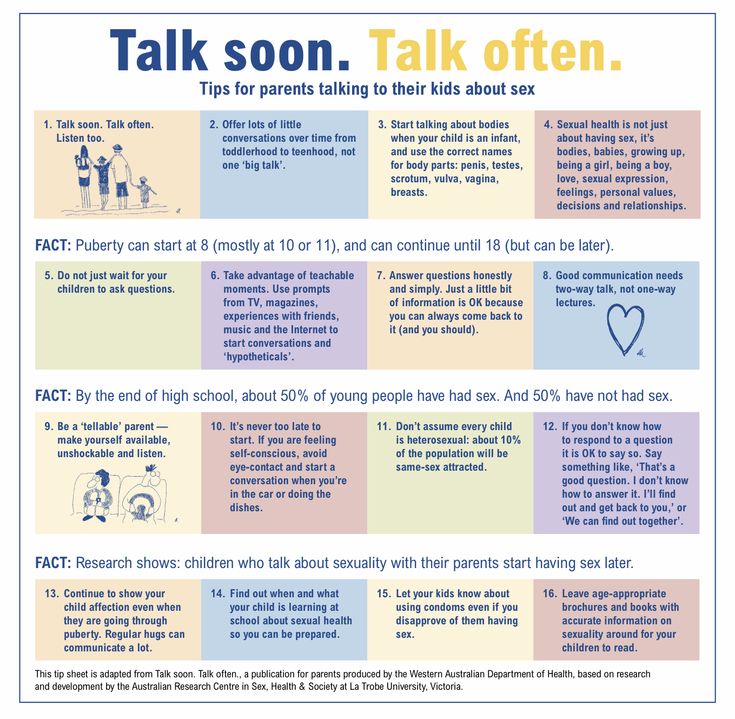 I even prepared your favorite hat.” In this case, the child will understand that the adult understands him and can be counted on.
I even prepared your favorite hat.” In this case, the child will understand that the adult understands him and can be counted on.
Offer your child an activity where he can strive for leadership or be the first. A sports section or a role-playing game with peers - such an activity can be any kind of activity that will give parents and children a break from competing with each other.
Develop natural hierarchical relationships. The more time a child spends with older family members, for example, with grandparents, aunts and uncles, the more he will integrate into the family hierarchy, understand where his place is in it, get used to it.
Control manifestations of feelings, remain calm. Let the child understand that you know what he needs without consulting him; take responsibility for your choice. Hide your own fears and needs from the child, otherwise he will feel responsible for satisfying them and taking care of you.
Controlling irritation due to a child's disobedience is the most difficult task.



